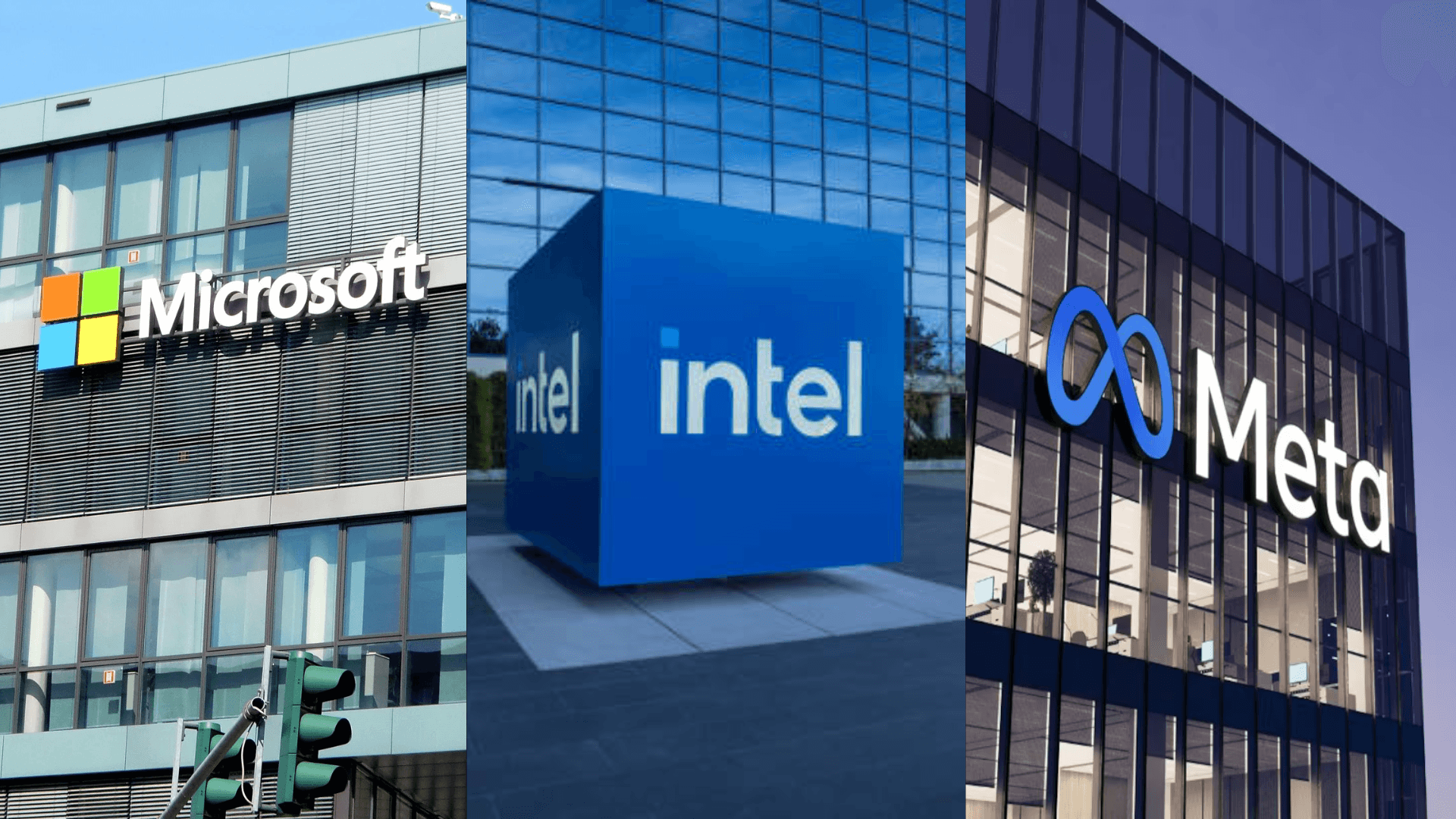July 14, 2025
Major Layoffs Continue at Big Tech Amid U.S. Tech Restructuring
Microsoft has recently laid off approximately 9,000 employees-nearly 4 % of its...

Microsoft has recently laid off approximately 9,000 employees-nearly 4 % of its global workforce (~228,000 employees)-in its largest workforce reduction in over two years. The cuts target multiple divisions including Xbox and sales teams, following earlier reductions of over 6,000 employees in May. The company is restructuring to control costs amid massive AI infrastructure investments, reportedly totaling up to $80 billion in 2025
Under new CEO Lip‑Bu Tan, Intel is executing one of the largest layoffs in its history, planning to eliminate 15 % - 20 % of its workforce - over 21,000 jobs globally from a headcount of around 108,900. This includes major reductions across the Foundry and manufacturing divisions, impacting offices in Austin, Oregon, Santa Clara, Chandler, and Israel. Cuts include 110 jobs in Austin, 529 in Oregon, 410+ in Santa Clara, and executive-level positions. Intel has also confirmed closure of its automotive chip unit, shifting focus to core client and data-center segments as part of broader restructuring.
Meta has continued its downsizing by focusing on performance-based cuts, reportedly reducing around 5% of its workforce in early 2025. These layoffs are part of an ongoing effort to refocus on AI, wearable devices (like smart glasses), and core social media platforms. The company had already cut over 21,000 roles since 2022 and remains committed to aligning staffing with AI-led strategy.
While job losses may continue through 2025, many firms are also hiring aggressively in AI, cloud computing, and data infrastructure. This signals a shift in talent demand rather than overall contraction. Workers and organizations alike must adapt rapidly to this new reality, where resilience, upskilling, and adaptability define long-term success.